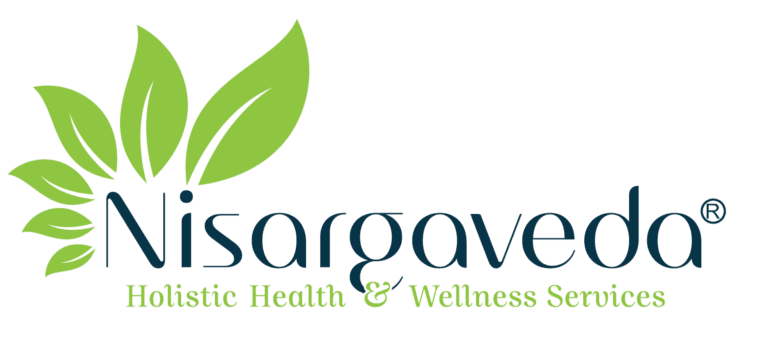Authentic Panchakarma Treatment in Bangalore for Complete Detox & Rejuvenation
Holistic Detox · Stress-Relief · Total Wellness - Personalised Ayurvedic Care
What is Panchakarma Treatment in Ayurveda?
Panchakarma, meaning “five therapies” in Sanskrit, is a cornerstone of Ayurvedic medicine, an ancient Indian system of holistic healing. This comprehensive purification and rejuvenation process aims to eliminate accumulated toxins (ama) in the body through Ayurvedic Panchakarma treatment, restore balance to the doshas (vata, pitta, and kapha), and promote overall well-being through authentic Panchakarma treatment in Bangalore under Ayurvedic medical guidance. (You can explore more about doshas here: Know Your Ayurveda Dosha).
How do I know that your body needs a detox now?
Signs Your Body Might Need a Cleanse:
- Digestive Issues: Chronic constipation, bloating, gas, or irregular bowel movements can be signs of a sluggish digestive system and potential ama (toxin) buildup.
- Fatigue and Low Energy: Feeling constantly tired, even after a good night’s sleep, can be a sign of an overloaded system that needs a reset.
- Skin Problems: Acne, breakouts, rashes, or other skin issues can sometimes reflect internal imbalances and benefit from a detoxifying approach.
- Weight Issues: Unexpected weight gain or difficulty losing weight can be linked to sluggish digestion and may respond well to a cleanse.
- Food Sensitivities: Increased sensitivities to certain foods can indicate an overloaded system struggling to process them effectively.
- Frequent Colds and Infections: A weakened immune system may be more susceptible to illnesses, and a cleanse can potentially help strengthen your body’s natural defenses.
- Stress and Anxiety: Chronic stress can take a toll on your physical and mental well-being, and a detox program that incorporates stress-reduction techniques can be beneficial.
- Sleep Issues: Difficulty falling asleep, staying asleep, or waking up unrested can be signs of underlying imbalances that a cleanse may help address.
- Brain Fog and Difficulty Concentrating: Feeling foggy, forgetful, or having trouble focusing can be linked to toxins and inflammation in the body.
If you are going through any of the above, we highly recommend panchakarma. Going for Panchakarma will definitely help you. Panchakarma can promote healing by assisting the body in the removal of obstinate, stubborn waste that has become toxic. Panchakarma can prevent the accumulation of toxins, enhance your vital energies, and prevent the occurrence of disease
Panchakarma therapy benefits
Panchakarma offers a wide range of benefits as a complete Ayurvedic detox and rejuvenation therapy
- Detoxification & Balanced Doshas: Panchakarma eliminates toxins while balancing Vata, Pitta, & Kapha doshas for overall health.
- Improved Digestion & Energy: Enhances digestion, boosts energy levels, & promotes nutrient absorption.
- Stress Reduction & Clearer Skin: Calms the nervous system, reduces stress, & results in clearer, healthier skin.
- Weight Management & Stronger Immunity: Supports weight loss, optimizes metabolism, & strengthens the immune system.
-
Better Sleep & Emotional Balance: Promotes better sleep quality, releases emotional blockages, & fosters emotional well-being.
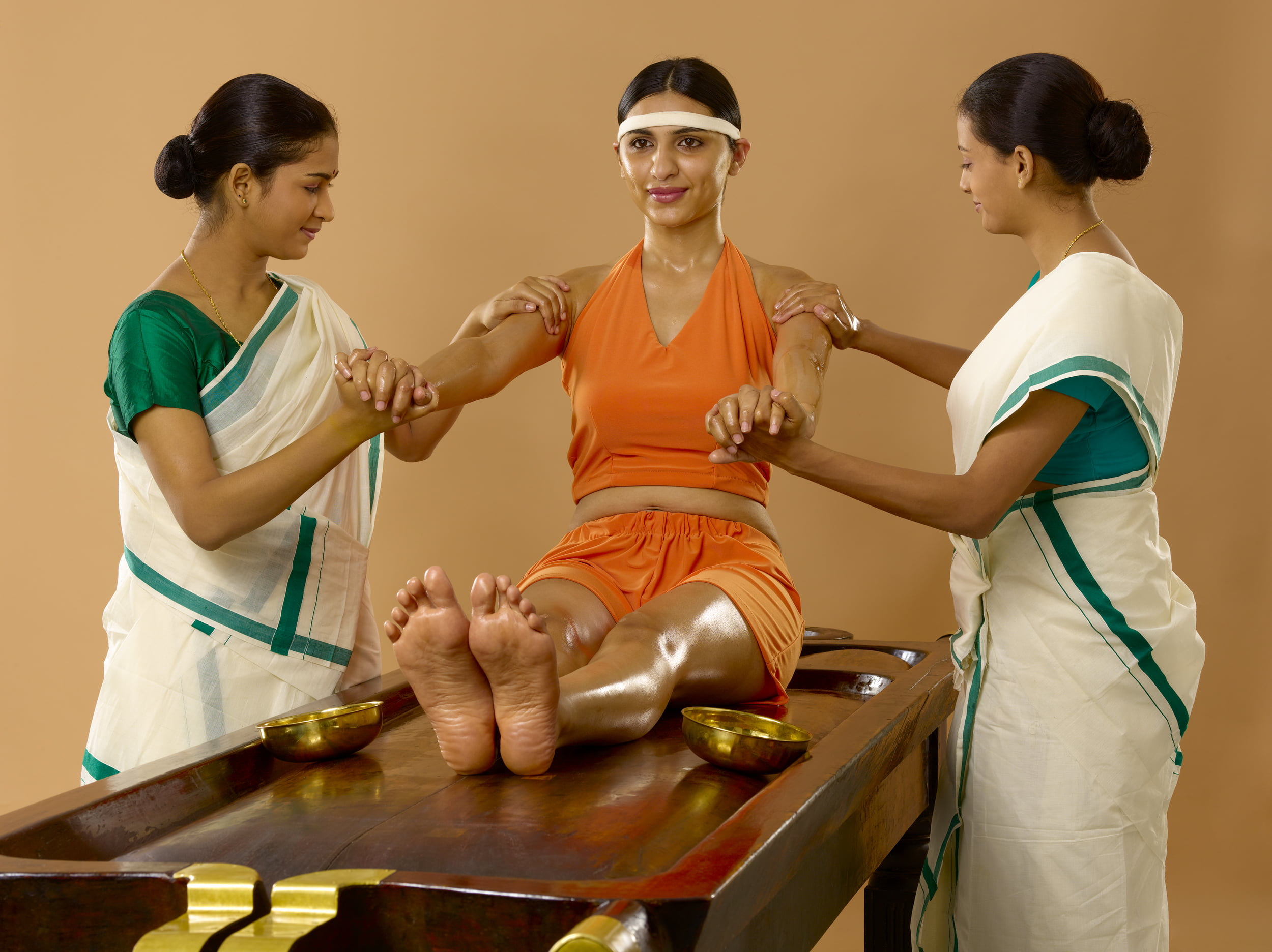
The Panchakarma Process
Panchakarma is a personalized treatment plan tailored to your unique needs and doshic constitution. It typically involves five main procedures, although some variations may exist depending on the Ayurvedic practitioner’s approach:
- Vamana (Therapeutic Emesis): This process involves inducing controlled vomiting using herbal medications to eliminate excess kapha from the stomach and upper respiratory tract.
- Virechana (Purgation): This therapy utilizes herbal laxatives to cleanse the lower gastrointestinal tract and eliminate excess pitta.
- Basti (Medicated Enemas): Basti involves administering medicated oil enemas to lubricate the colon, remove ama, and pacify vata dosha. Explore Basti therapy as a key element of Panchakarma therapy in Bangalore.
- Nasya (Nasal Administration): Nasya involves the administration of medicated oils or herbal drops through the nasal passage to clear congestion, improve sinusitis, and balance the doshas in the head region. Discover how Nasya treatment can enhance your Ayurveda detox therapy in Bangalore.
- Rakta mokshana (Bloodletting): This is a less common procedure in modern Panchakarma and involves the removal of a small amount of blood to purify the blood and balance pitta in specific cases.
What to Expect During Panchakarma
Choosing the best Panchakarma centre in Bangalore ensures proper guidance, safety, and long-term results.
- Pre-Panchakarma Consultation: An Ayurvedic practitioner will assess your health, doshic constitution, and discuss your goals to determine the most suitable Panchakarma program for you.
- Preparatory Phase (Snehana & Swedana): This initial stage involves internal and external oleation (Snehana) using medicated ghee or oils and fomentation (Swedana) through steam baths or saunas to loosen toxins and prepare the body for elimination.
- Panchakarma Procedures: Based on your specific needs, the chosen Panchakarma therapies will be administered by trained practitioners.
- Post-Panchakarma Care (Samsthapana): Following the cleansing procedures, a specific diet and lifestyle recommendations will be provided to support the body’s healing and rejuvenation process.
Who is Panchakarma Suitable For?
Panchakarma can be beneficial for individuals seeking to:
- Improve overall health and well-being
- Address chronic health concerns
- Manage stress and anxiety
- Enhance sleep quality
- Rejuvenate and detoxify the body
- Restore balance to the doshas
However, it’s important to consult with an experienced Ayurvedic practitioner to determine if Panchakarma is the right approach for you. individuals with certain medical conditions, or those undergoing active infections, may not be suitable candidates.
Preparing for Panchakarma
Here are some tips to prepare for a successful Panchakarma experience:
- Consult with an Ayurvedic practitioner: Discuss your health history, current concerns, and expectations to ensure a customised program.
- Light and easily digestible diet: In the weeks leading up to Panchakarma, focus on a light, vegetarian diet to ease the cleansing process.
- Clear your schedule: Allocate dedicated time for the Panchakarma program and prioritize rest and relaxation.
- Maintain a positive attitude: Approach Panchakarma with an open mind and a willingness to experience the healing benefits.
Conclusion
Panchakarma Treatment in Bangalore is a powerful Ayurveda detox treatment in Bangalore that enhance your physical and mental well-being. By eliminating accumulated toxins, restoring balance to the doshas, and promoting deep healing, Panchakarma can leave you feeling revitalized, energized, and in harmony with your body.
Additional Considerations
- Cost of Panchakarma: The cost of Panchakarma can vary depending on the duration of the program, location of the treatment center, and the practitioner’s experience. It’s advisable to consult with different Ayurvedic centers to compare pricing and services offered.
- Finding a Qualified Practitioner: Seek a certified Ayurvedic practitioner with experience administering Panchakarma therapies. Look for practitioners affiliated with reputable Ayurvedic institutions or associations.
Explore Further:
Remember: Panchakarma is a personalized approach to healing. It’s crucial to consult with a qualified Ayurvedic practitioner to determine if it’s the right path for you and to create a customized treatment plan that addresses your unique needs and goals.
Complementary Therapies to Enhance Your Panchakarma Experience
While Panchakarma itself offers a powerful detoxifying and rejuvenating effect, incorporating complementary Ayurvedic therapies can further support your healing journey and address specific concerns. Here at Nisargaveda, we offer a variety of treatments that can be seamlessly integrated into your Panchakarma program:
Yoga: Gentle yoga practices like Hatha yoga or restorative yoga can promote relaxation, improve flexibility, and enhance the elimination process during Panchakarma.
Meditation: Meditation techniques like mindfulness meditation can help manage stress, anxiety, and improve sleep quality, all of which are crucial for optimal healing during Panchakarma.
Shirodhara: This relaxing therapy involves pouring warm, medicated oil onto the forehead in a continuous stream. It promotes deep relaxation, alleviates headaches, and improves sleep. (You can learn more about Shirodhara on our Ayurveda services page here).
Abhyanga Massage: This full-body Ayurvedic boday massage with warm medicated oils improves circulation, eliminates toxins, and promotes deep relaxation. Searching for an Ayurvedic massage near me? Our expert therapists provide authentic Ayurvedic massage sessions tailored to your needs, including specialised options like post-natal massage Bangalore.
Herbal Remedies: Our practitioners may recommend specific Ayurvedic herbal formulations based on your individual needs to support digestion, improve sleep, or address specific health concerns during Panchakarma oil massage therapy in Bangalore.
Taking the Next Step: Your Personalized Panchakarma Journey
Panchakarma is a unique and powerful approach to detoxification and rejuvenation. By incorporating this ancient Ayurvedic practice into your life, you can experience a multitude of benefits for your physical and mental well-being.
Contact us today to schedule a consultation with our experienced Ayurvedic practitioners. We will work with you to create a personalized Panchakarma program tailored to your unique needs and goals. Embark on your journey to a healthier, more vibrant you with Panchakarma!
Ready to learn more about how Panchakarma can benefit you? Schedule a consultation with our Ayurvedic practitioners today!
Areas We Serve in Bangalore
Patients visit Nisargaveda Ayurveda Clinic for Panchakarma treatment in Bangalore from nearby areas, including Kalyan Nagar, Hebbal, HRBR Layout, Kammanahalli, Banaswadi, Horamavu, Challakere, and Babusapalya.
Frequently Asked Questions
It’s the real deal detox in Ayurveda. Think of it as hitting the reset button on your whole system. We use five specific therapies (sometimes all five, sometimes only two or three) to literally pull old toxins out of your tissues and flush them out of the body. A regular Abhyanga massage feels amazing and moves things around, but Panchakarma goes way deeper; it’s a medical-grade cleanse with a prep phase, intense elimination days, and a rebuild phase afterwards.
- Vamana → guided therapeutic vomiting (sounds wild, but it’s gentle and only for certain people)
- Virechana → herbal laxative purge
- Basti → medicated enemas (the superstar for most Americans because we’re all so Vata-deranged)
- Nasya → nose drops or oils to clear the head
- Raktamokshana → traditional bloodletting (rarely used these days, only if there’s a strong Pitta/blood issue). Your doctor picks exactly what you need, nobody gets the full menu unless it’s truly indicated.
Shortest we do is 7 days if you’re reasonably healthy and just want a solid reset. Most people feel the real shift around day 12–14. The gold standard for chronic stuff (autoimmune, fertility, years of meds, anxiety/depression) is 21 days. I’ve had guests stay 28 and swear they look ten years younger.
If you’re tired all the time, bloated no matter what you eat, have skin that won’t clear up, or just feel stuck, this is usually a game-changer. Skip it or wait if you’re pregnant, nursing, super frail, have an active infection, or are in cancer treatment. We screen everyone thoroughly, no surprises.
Yep, prep week at home is non-negotiable. We send you a simple eating plan (mostly kitchari, steamed veggies, no caffeine or alcohol) and you start taking increasing doses of medicated ghee every morning. Sounds weird, tastes okay after day three, and it’s what makes the actual detox work.
Week one: better poop, sleeping like a rock. Week two: skin starts glowing, cravings disappear. A month later: allergies quieter, periods more regular, way less anxiety, and you just feel lighter — like someone turned the brightness up on life.
We don’t just send you home with a cleansed body and a pizza craving! The post-Panchakarma phase (called Paschat Karma) is crucial. You’ll slowly reintroduce easy-to-digest foods (think rice soups and steamed veggies), take rejuvenative herbs, stick to gentle yoga, and follow some common-sense lifestyle rules for a few weeks so the benefits actually stick.
You might have a day or two of tiredness, loose stools, or even random emotions coming up; that’s just old stuff leaving. Our doctors and therapists keep a close eye on you the entire time. Plenty of herbal tea, rest, and warm oil treatments make it surprisingly comfortable. By day four or five, most people say they’ve never felt this light.
Latest News & Article
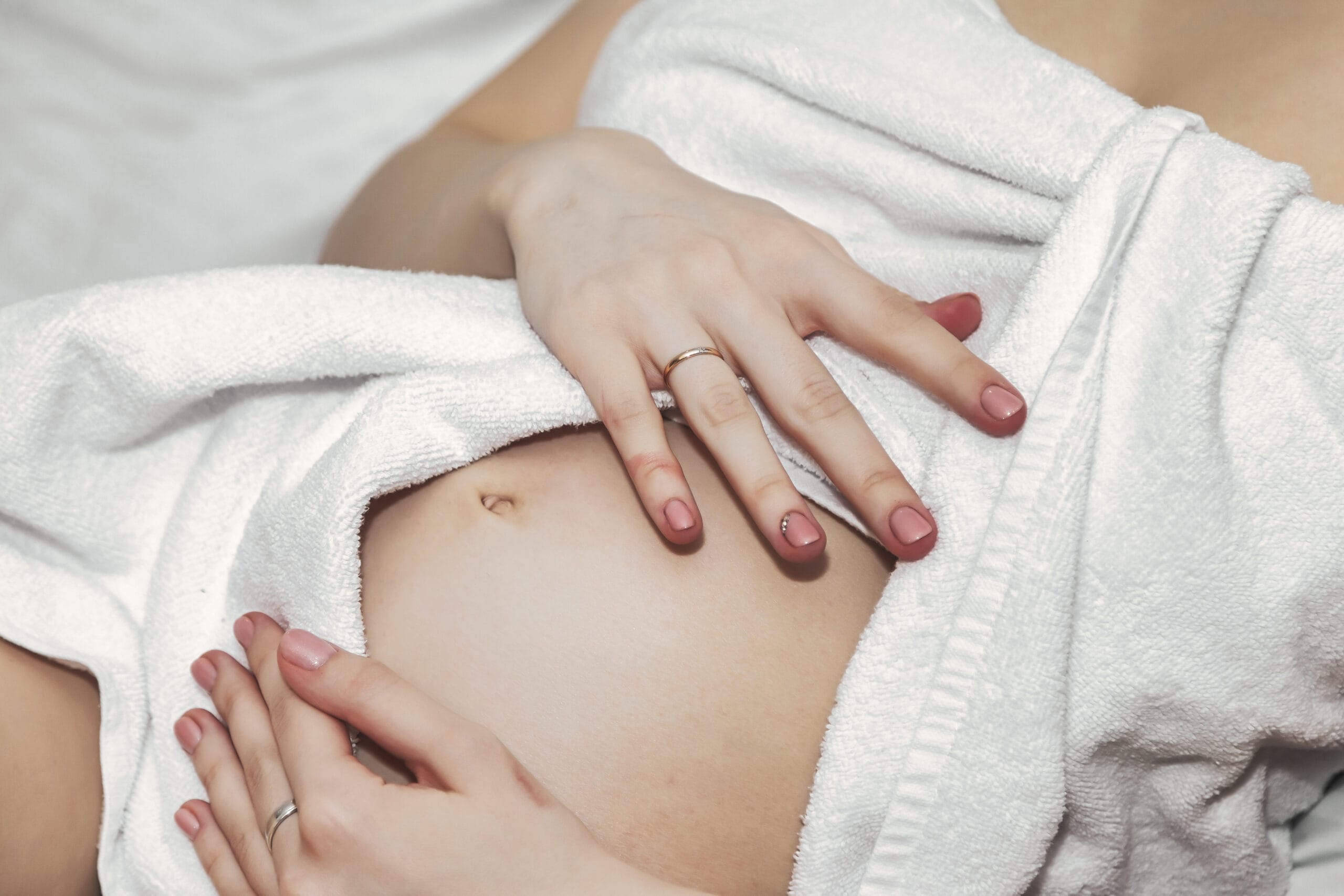
7 Ways Ayurvedic Prenatal Massage Relieves Leg Swelling and Back Pain
Pregnancy is often described as a sacred journey of transformation, but for many expecting mothers
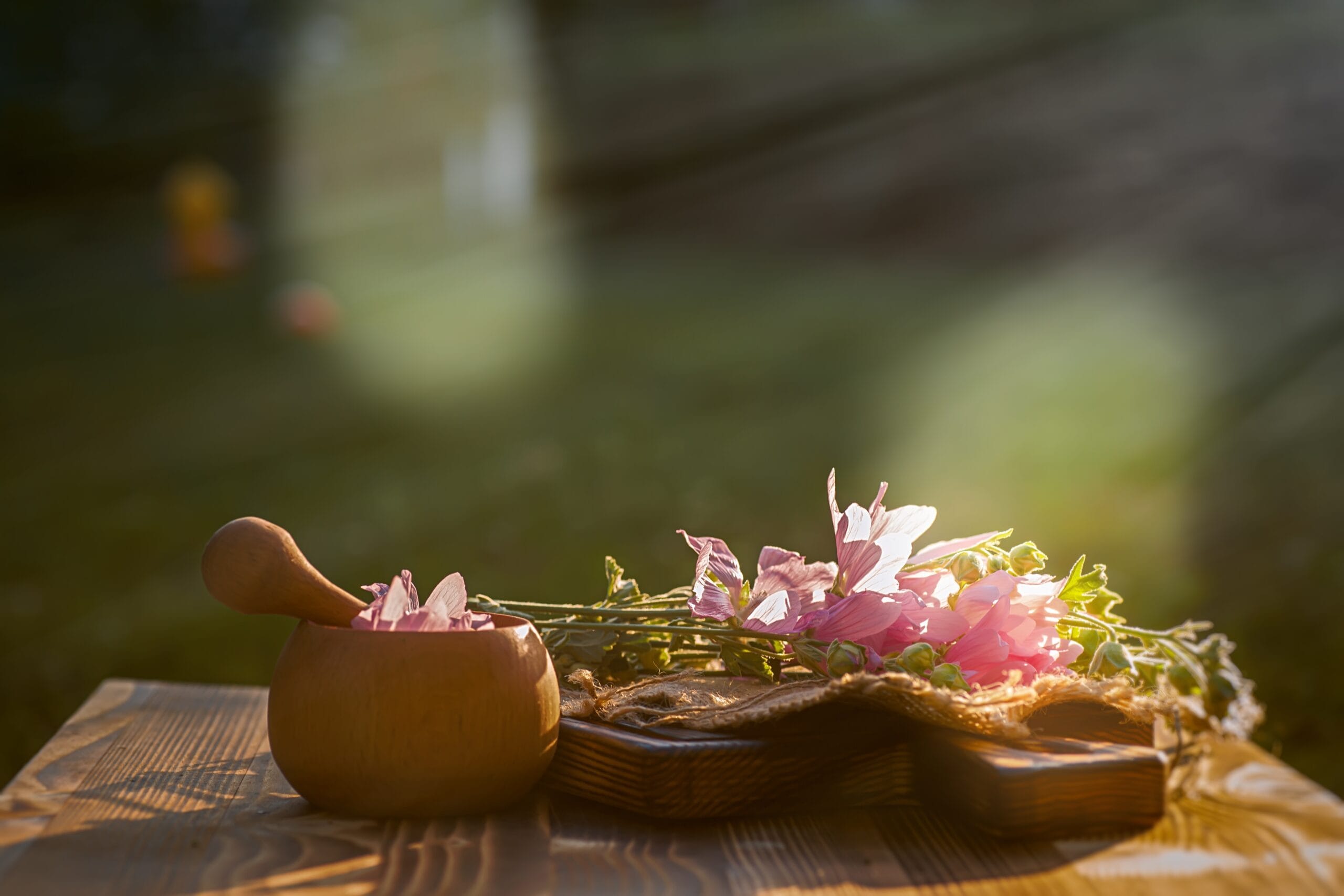
The Ayurvedic Spring Detox
The Ayurvedic Spring Detox: Why March is the Best Time for Panchakarma in Bangalore The
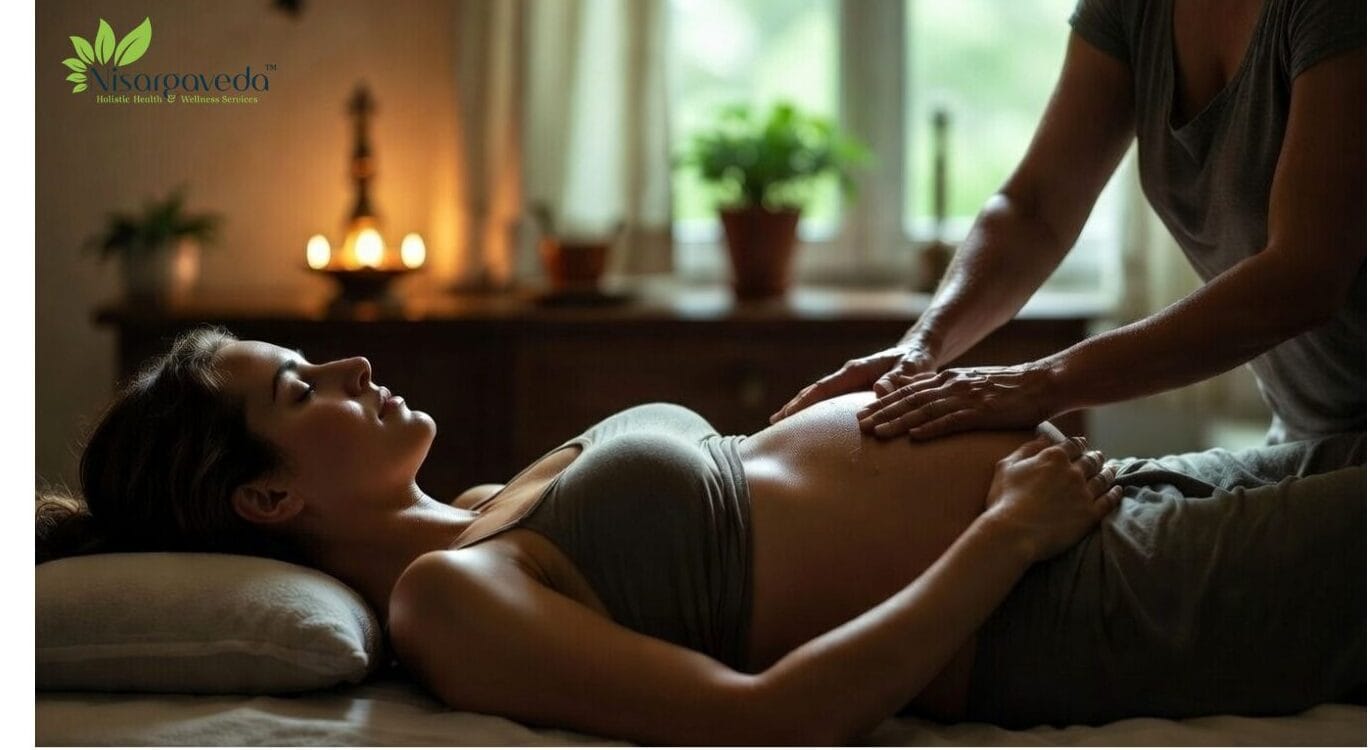
Prenatal Pregnancy Massage in Bangalore Relaxation Relief Wellness
Introduction The journey to motherhood is a beautiful transformation, but it is also one that
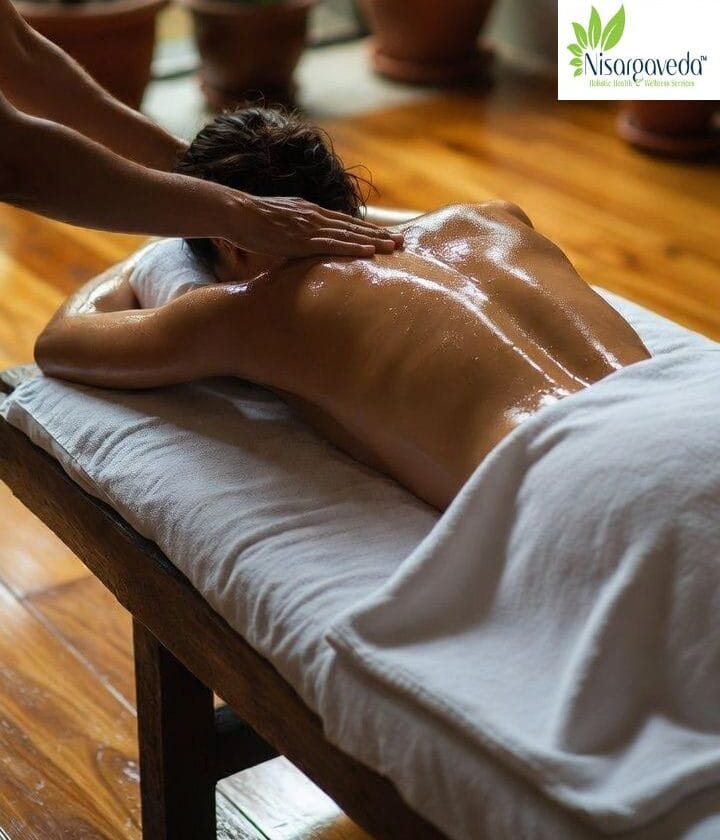
Virechana Therapy in Ayurveda: Complete Guide to Detoxification & Benefits
Virechana Therapy in Ayurveda: Complete Guide to Detoxification & Benefits Virechana Therapy in Ayurveda is
